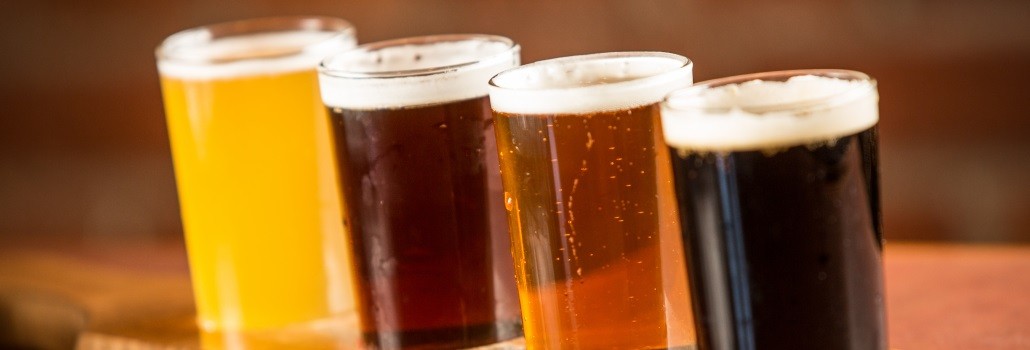
Alcohol is perhaps the most acceptable and widely used drug in the world. It is so ubiquitous within western culture that people who opt out of consuming it are negatively judged and, in some extreme cases, even ostracized (this is particularly prevalent among teenagers and young adults).
Because it is so commonly consumed, most people assume that alcohol has very little affect on them…at least beyond the pleasant feeling of being “buzzed” or the reduction in boundaries when one is “drunk.” Unfortunately, all of these people are wrong. Alcohol can have a profound affect on your physical and mental health. Here is what happens to your body and your brain when you drink:
How Your Body Processes Alcohol
Alcohol is absorbed into the body via your stomach (20%) and your small intestine (80%). It then gets metabolized by the liver. According to Brown University, your liver can metabolize roughly one ounce of liquor (or the equivalent of one drink) per hour. If you drink more than that, the alcohol your body has absorbed will accumulate in your body’s tissues until your liver can metabolize it. This is why the feelings of being buzzed or drunk last much longer than you’ve spent actually drinking.
Physical and Emotional Effects
There are a wide range of physical and emotional changes that happen within a person who has been drinking and who continues to drink heavily over time.
The most obvious changes happen within the brain, where alcohol interferes with the chemical makeup and prevent neural connections from happening. This is why, when you’re drinking–especially when you drink excessively–you can have trouble communicating and moving and why your moods can swing wildly from good to bad and back again. It also inhibits your memory function which is why you can have “blackouts” and other memory issues while and after drinking.
Internally, alcohol use–even mild alcohol use–can wreak havoc on your pancreas. Over time, this havoc leads to pancreatitis a dangerous condition that causes swelling within the pancreas and can prevent proper digestion.
It also, as everybody knows, does terrible things to your liver. Chronic alcohol consumption can cause a fatty liver, hepatitis, fibrosis and even, if you drink excessively, cirrhosis.
What you might not know is that alcohol consumption, especially if you drink heavily and a lot, can lead to problems with your heart and circulatory system. Chronic alcohol abuse can increase your blood pressure, cause a stroke, arrhythmias, and even cardiomyopathy (which is where the heart gets stretched out and droops, resulting in decreased functionality).
Alcohol consumption can even, over time, increase your chances of developing cancer in your mouth, throat, liver, and esophagus. It has also been linked to breast cancer.
Why Do People Keep Drinking?
The problem isn’t that people don’t know the physical and mental risks of drinking. The problem is that, with the exception of mild impairments in your cognitive and motor abilities, none of these issues is going to develop after a single drink. You have to drink a lot and over a long time for these problems to develop. More often than not, the average drinker believes that he or she is still years away from developing any issues with alcohol, so why not live it up now?
The trouble with this approach is that as you continue to drink your body builds up a tolerance for alcohol. It gets better at metabolizing it (which seems counter intuitive considering the damage it does to your liver) so you need more and more alcohol to get the same pleasant effects that you used to get from just one or two drinks. This is where, for most, the slide into alcoholism begins.
How Do I Know if I’m an Alcoholic
There are a great deal of symptoms to watch out for if you suspect that you or someone you know might be beginning their battle with the disease. The biggest symptom is that of “need.” If you need to drink, that’s a bright red flag telling you that you need to get some help.
Another big warning sign for help, is when your first instinct is to reach for alcohol whenever your stressed or have a problem, says Hotel California, a center for addiction treatment. If alcohol becomes your solution, you might want to look into the kind of alcohol rehab Newport Beach offers in California. Almost every city has at least a few facilities that are ready to help those who need it.
If you think that you or someone you love might be struggling with (or beginning to struggle with) alcohol abuse, it is important to seek help as soon as possible. The sooner you confront the issue, the better it will be for all areas of your health.
